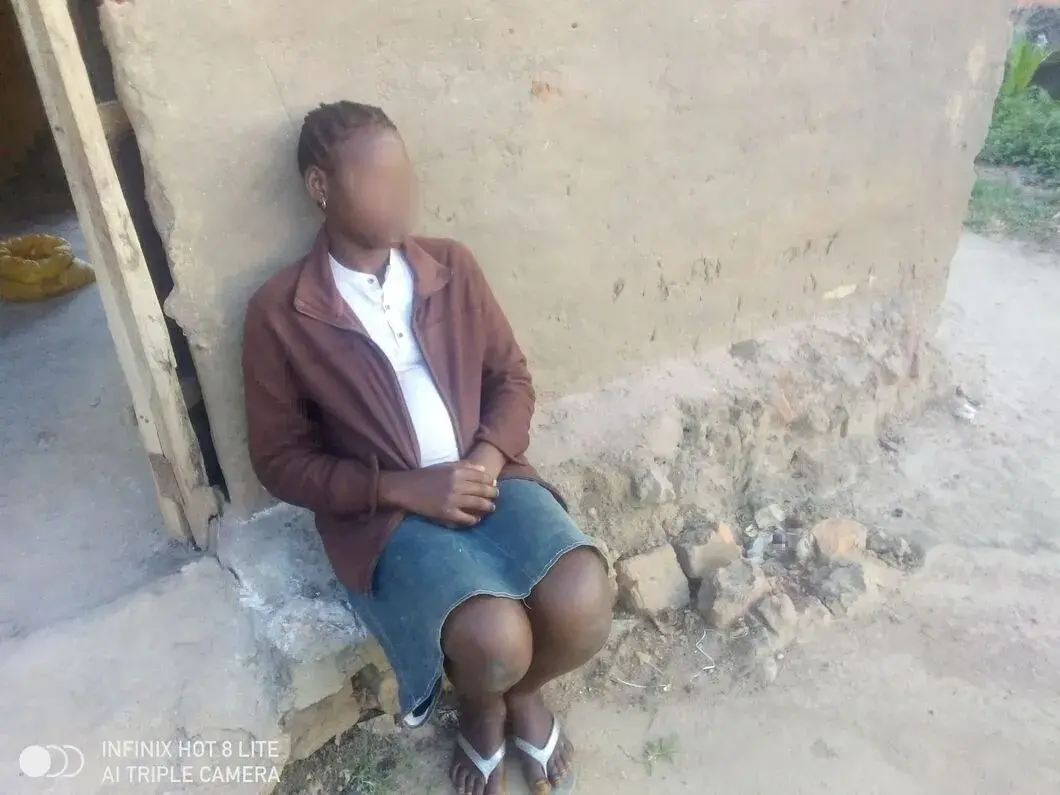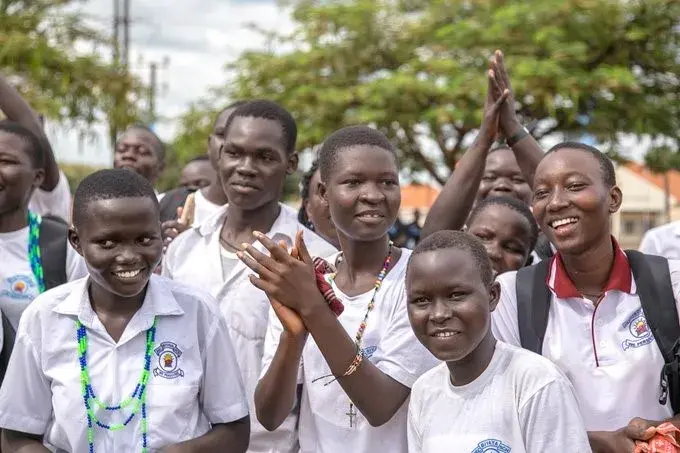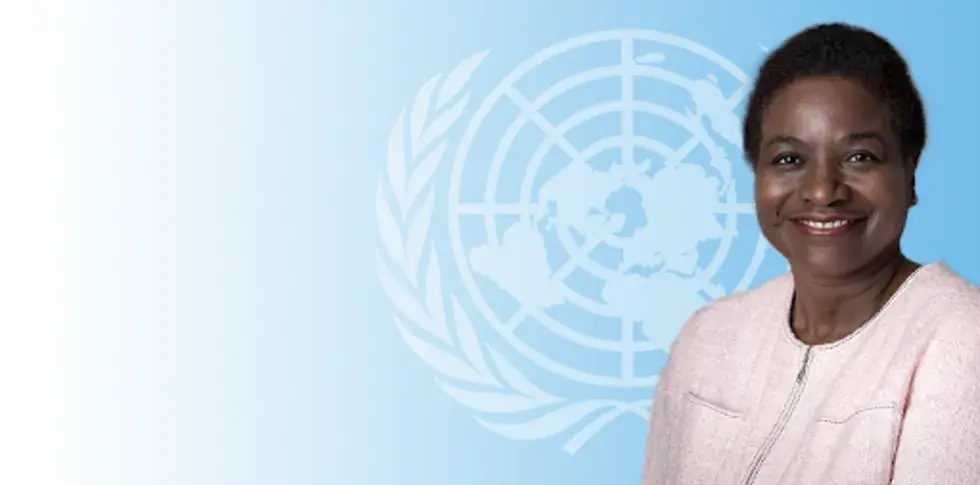A high-level mission of 35 executive members of six United Nations Executive Boards (ExBo) of UNDP, UNFPA, UNOPS, UNICEF, WFP and UN-Women visited Uganda to assess the organizations work in supporting the countries development work and global development agendas.
Coordinated by UNFPA, the team that arrived in Uganda April 30, 2018 made joint visits to UN- supported development initiatives in Kampala, West Nile and Karamoja region. They also held meetings with key government officials, UN partners, multilateral agencies as well as Civil Society Organizations.
In Kampala…..
Members of the Executive Boards of UNICEF, UN Women, and WFP visited UNFPA- supported facilities, including the Muvubuka Agunjuse Youth Centre, Kisenyi health facility, and Kisenyi lll Youth Metal Fabrication centre. The three sites have adopted the Youth Enterprise Model (YEM), an innovative approach that establishes cross-sectoral partnerships to integrate sexual and reproductive health information and services and entrepreneurship training.
In two teams, the ExBo members then travelled to the West Nile and Karamoja regions respectively to get a feel of more of the work that is being done by the UN in Uganda in partnership with local communities.
In West Nile….
Led by Ambassador Kalman Zoltan the Permanent Representative of the Food and Agriculture Organization (FAO) in Rome, team one of the ExBo mission visited several UN supported interventions in the West Nile districts of Arua and Yumbe.During the visit, the Executive Board met with leaders from the two districts to understand how the UN is working together to address the humanitarian challenges from the South Sudan refugee influx.
“This is a unique country where refugees are received in a very unique way. We consider Uganda as a model country and we have come here to learn and hear the experiences of how the local communities are working with the UN in Uganda organizations,” said Ambassador Zoltan while meeting the Arua district leaders.To highlight its humanitarian work and display how agencies were delivering as one in the region, the Executive Board visited two refugee settlements; Ivempi in Arua and Bidi-Bidi in Yumbe dsistrict.
In Arua, a guided tour of the Regional Referral Hospital to understand UN support to health in West Nile region revealed how UN in Uganda is supporting safe deliveries with over 600 babies (both refugees and nationals) born annually.
In Ivempi settlement, the Board interacted with local and refugee leaders as well listened to the stories of beneficiaries. In Bidi-Bidi settlement, the team visited health and nutrition interventions, which included a tour of Swinga Health Centre II maternity ward where four mothers had safely delivered under skilled care with a UNFPA-supported midwife.
Amidst exciting entertainment (in form of music and dance), the team also met with the women economic empowerment tent where hairdressing and knitting activities were taking place. The team later interacted with women and girls in the Adolescent and Girls centre where the adolescent girls shared their life stories, experiences and expectations with the visiting team.
In Karamoja….
During their two-day visit to the Karamoja region, team two, led by the President of the UNFPA/UNOPS and WFP board, His Excellency Jagdish visited UN- supported interventions in Amudat and Moroto districts. They were accompanied by UNFPA Uganda Representative Mr. Alain Sibenaler and UNDP Country Director Ms. Almaz Gebru.
The team received a warm welcome by the district leaders in both Moroto and Amudat districts. In Amudat, a special welcome ceremony was performed with music and dance and the district leaders and elders dressed up the ExBo members in traditional Karamojong outfits.
While meeting with district leaders of Amudat and Moroto districts Mr. Koonjul, on behalf of the delegation expressed satisfaction with the commitment shown by the district leaders and urged them to do more at district level to sustain development initiatives.
“The message we want to bring is that what we do has to be done in partnership. The UN cannot do it alone. What we need is for the local administration to continue and maintain projects that have been set up by the UN. We are assured that with your commitment we can have more sustainability” he said.
At Rupa Health Centre II, the team interacted with health workers and Village Health Team members to appreciate how UN support is helping to improve indicators including those on maternal health, nutrition and family planning. Here, one of the highlights was meeting midwives trained with support from the Swedish International Development Agency and UNFPA Uganda. Their presence has contributed to the rise in number of women delivering at the facility.
In Amudat district, the spotlight was mainly on interventions in support of adolescent girls, who are a key focus of the UN in Uganda support to the government. At Kalas Girls’ School supported by UNFPA, UNICEF and WFP, girls are empowered to stay in school; thus offering them protection from Female Genital Mutilation and child marriage. Members of the delegation were moved by testimonies of girls who narrated the challenges they face including threats of coercion into marriage by their own parents but also the support they receive from dedicated teachers and other community leaders to keep them in school.
For the out- of- school girls, UNFPA works with partner BRAC to support girls at risk of teenage pregnancy and child marriage by empowering them with sexual and reproductive health information and provides small start -ups and business training to enable the girls take charge of their lives.
By Evelyn Kiapi, Mina Nozawa & Martha Songa




